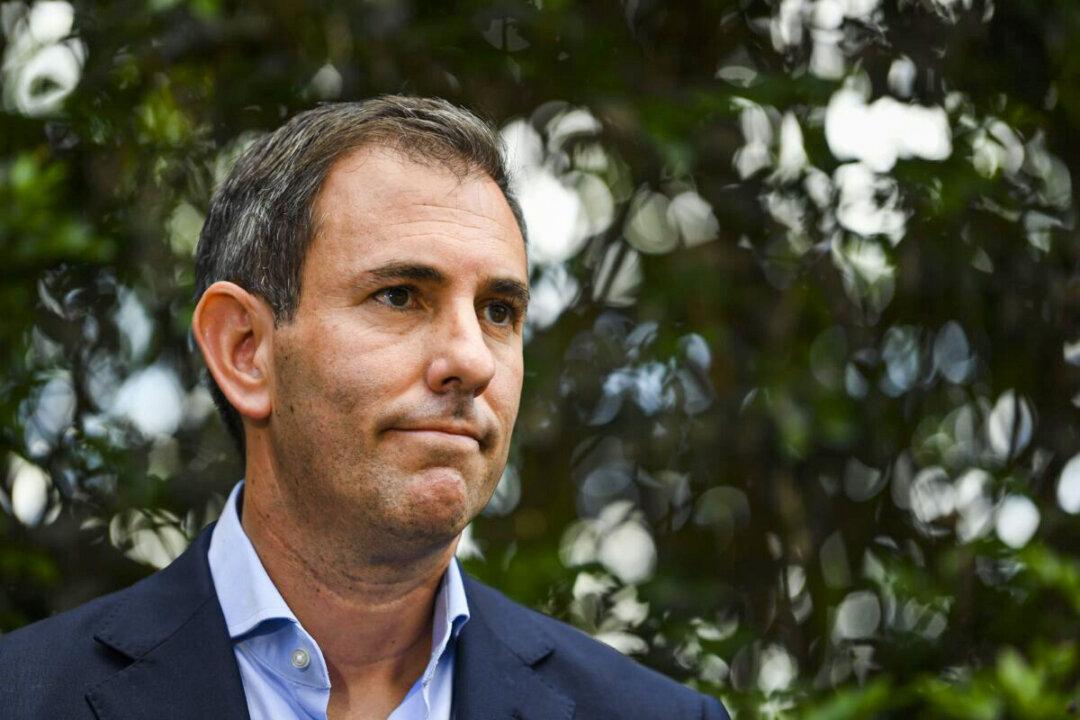Australia needs to be a credible partner on climate change to rebuild its relationship with Pacific neighbours, including the Solomon Islands, the centre-left opposition spokesperson for Treasury Jim Chalmers said.
Chalmers listed climate change, foreign aid responsibilities, and defence investment management as important factors Australia needs to work on to “earn” the trust and friendship of Pacific nations.





